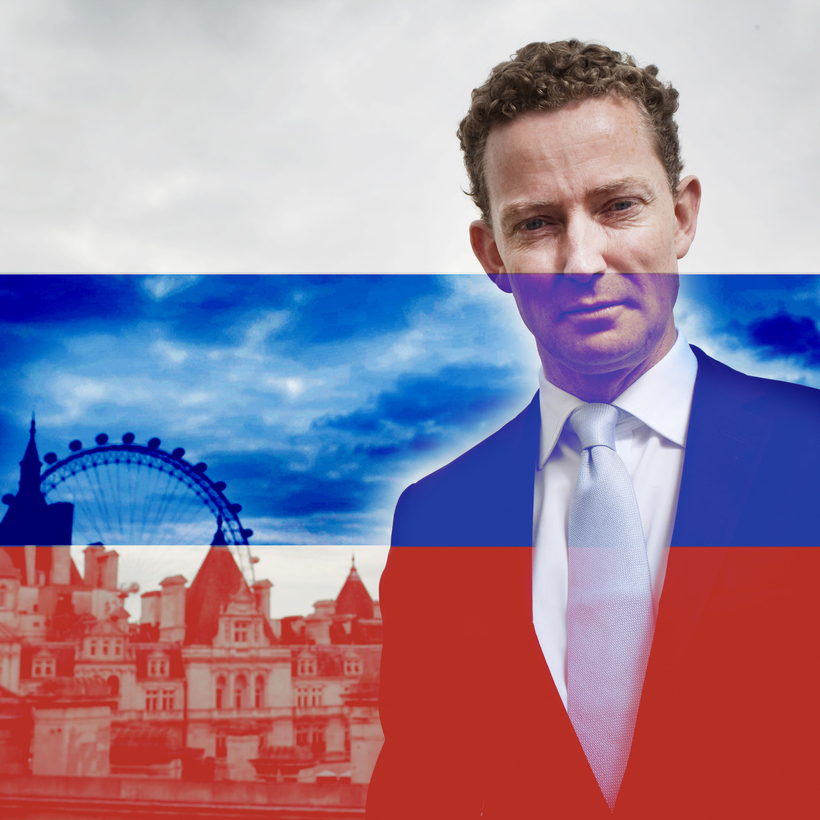The day after Kherson became the first major city in Ukraine to fall to the Russian invaders, a member of the British House of Lords and former government minister was insistent that there was no good reason to distance himself from his favorite oligarch, his employer.
As the survivors in the Black Sea port began to bury their dead in mass graves, and with Ukrainian media claiming that 11 women of Kherson had been raped by Russian soldiers, Lord Barker of Battle said on March 4 that, “whatever the optics,” he would not resign as executive chairman of En+, a green-energy-and-metals company founded and part-owned by the newly sanctioned Oleg Deripaska, which he had joined in 2017.


